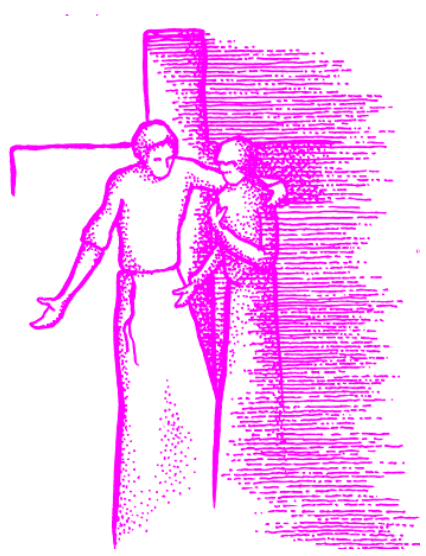

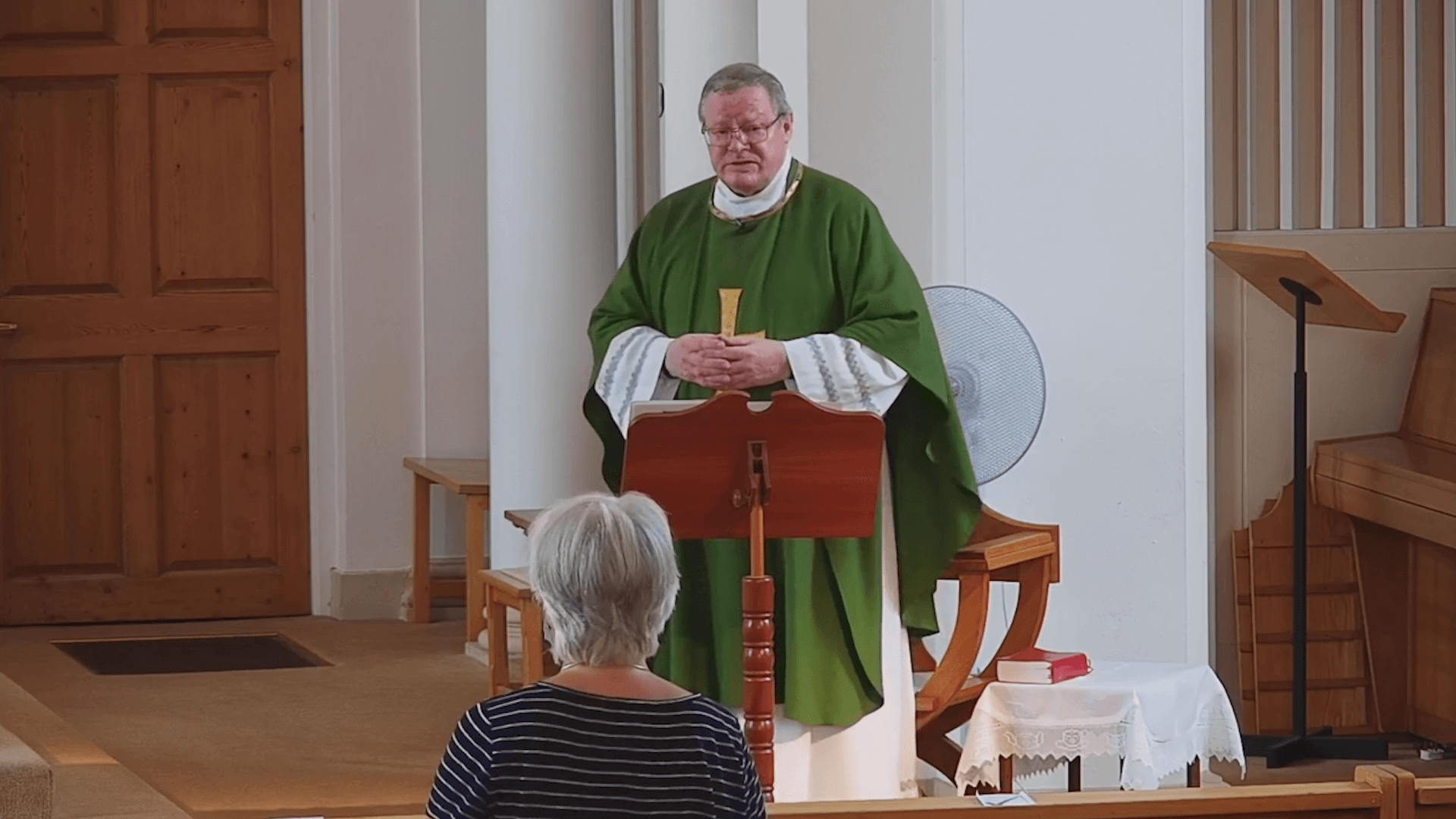
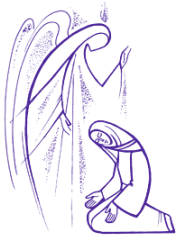

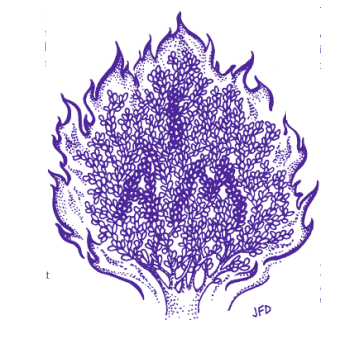
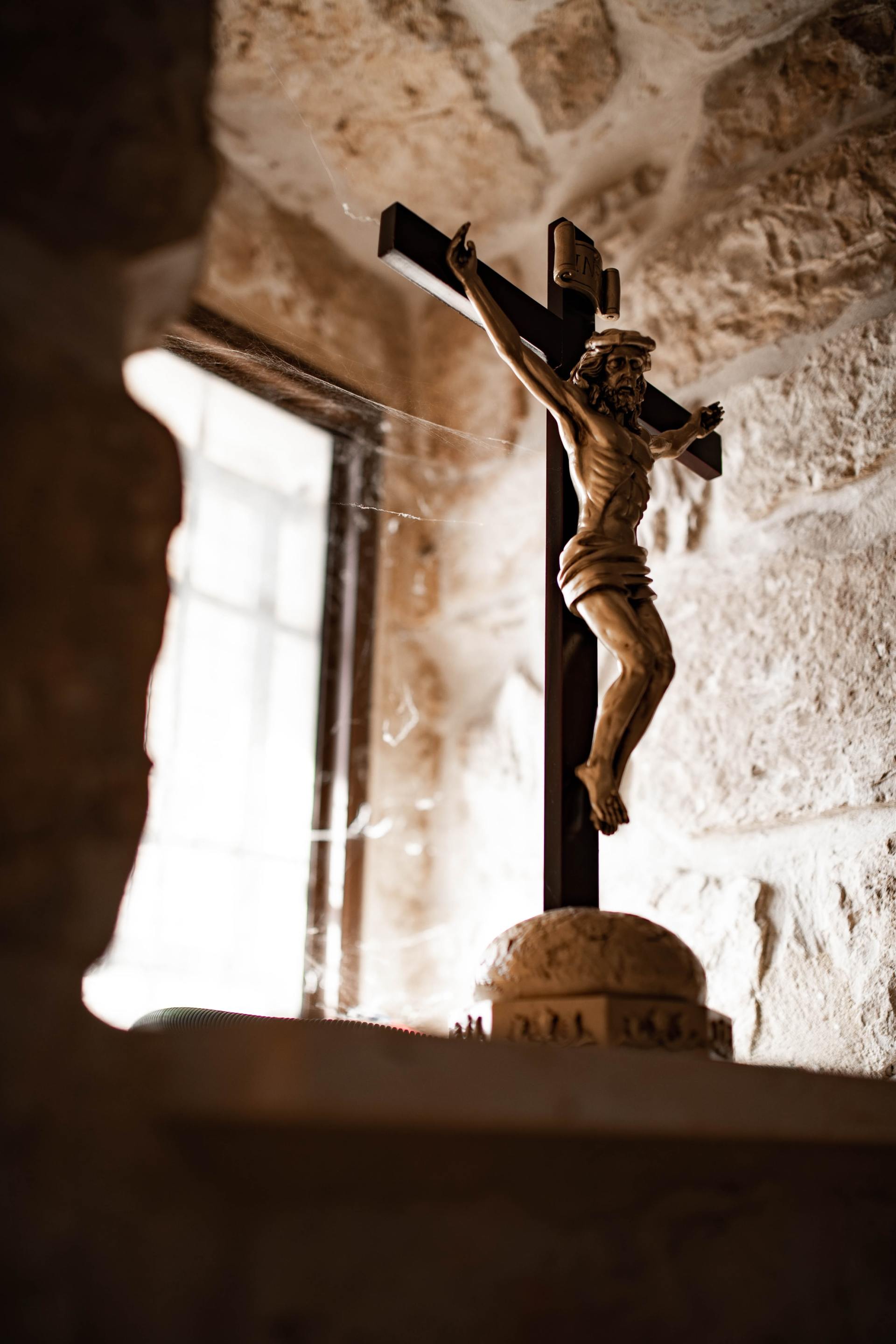


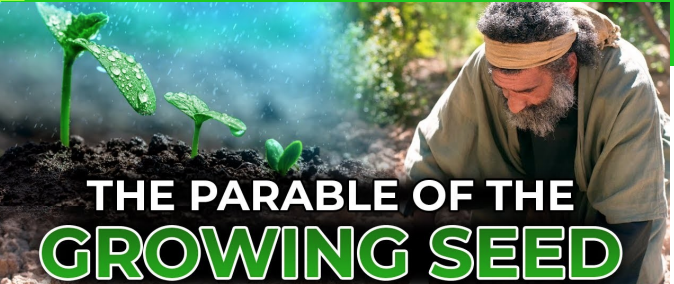
Jesus’ parables are not nice entertaining stories. As Jesus proclaims in the first words he speaks according to Mark, his mission is to announce the Good News of the kingdom, the reigning and transforming presence of God in his person and words, and call the people to faith and repentance. Like all the parables. The two parables of green and growing things we hear today are words of Jesus that tease us into contemplating our own lives and our response to the kingdom.
In the first parable, Jesus compares the growth of the kingdom to the seed that is planted by the farmer who then retires from the scene into the rhythm of his everyday life. Day and night he wakes and sleeps, while the seed, once sown, has its own potential for growth independent of the farmer. The mystery of growth belongs to the seed and the soil, to the gradual ‘dispossession’ of the hard little seed to the nourishing earth, and its consequent unhurried and gradual growth: first the stalk, then the ear, then the full grain. The only activity required of the farmer is vigilant patience. In the dispossession that is his incarnation, even Jesus had to accept some unknowing, some surrender of events into his Father’s hands (Mark 13:32). Perhaps we have had the experience with children who have planted their seeds in the garden and, excited about the possibilities of the flowers or vegetables to come, must be dissuaded from regular and disastrous digging down into the earth to see how the growth is proceeding! The farmer must wait confidently on God’s good time and providence, and eventually the time of growth and the time of harvesting will intersect. Once we have received the seed of God’s word in the soil of our hearts, we must be ready for the dispossession, the gradual unfolding of the seed’s potential that will push into our consciousness and transform our lives, making us a plentiful harvest and enabling us to become nourishment for others. Because the growth of the seed is God’s secret, it can often happen in what, to our limited human perspective, are the most unlikely places: in the lives of the poor, the despised, the persecuted. This was surely a great consolation to Mark’s community, for this was the reality of their lives. It should give the same hope and confidence to Christians today in our personal, communal, or national situations. What seems humanly insignificant, and even a failure, is transformed by God’s power, just as the seed of Jesus’ life fell into the ground of death to be transformed by his resurrection.
This is the great encouragement for disciples as we live between the planting and harvesting into the kingdom of God.








